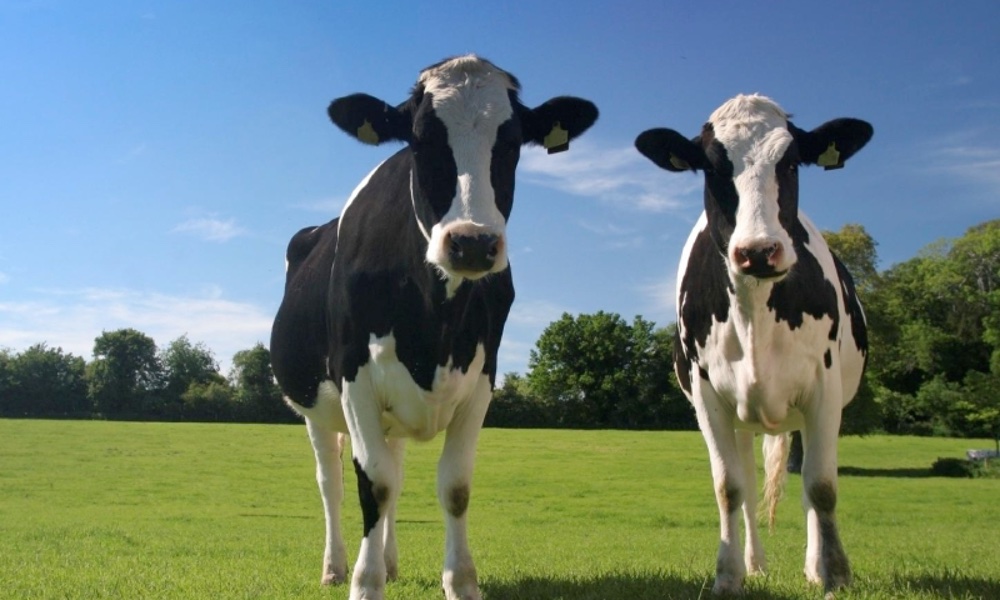Bird flu, or avian influenza, was found in U.S. cattle in March. Since then, three dairy farmers have become infected with the virus. Two of the farmers reported symptoms only in their eyes and recovered following treatment.
Last week it was announced the third farmer also experienced respiratory symptoms, including a cough, sore throat and watery eyes, which increased the likelihood of transmission to other people.
After the second case was identified, the U.S. Centers for Disease Control and Prevention stated that it is monitoring influenza surveillance systems closely. The concern is that if the virus has an opportunity, as it does on cattle farms, it may mutate so it can easily spread to humans.The concern is that if the virus has an opportunity, as it does on cattle farms, it may mutate so it can easily spread to humans.
More than 40 studies of influenza vaccines in mice, ferrets and nonhuman primates and clinical trials of bird flu vaccines in humans were included in their review.
The findings suggest that inactivated vaccines are both safe in humans and affordable. Inactivated vaccines are produced in chicken eggs and then inactivated using formaldehyde. These vaccines are administered by intramuscular injection and primarily stimulate humoral immunity, or antibody production. The researchers pointed out, however, that more studies need to be done to optimize their effectiveness and length of protection against the virus.
Live attenuated influenza vaccines (LAIV) are administered as a nasal spray and induce a broader immune response than inactivated vaccines. LAIV not only stimulate antibody production, they also stimulate mucosal immunity in the lining of the respiratory tract.
The review also included studies looking at alternatives to inactivated vaccines and LAIV currently in development. These alternatives include virus-like particles and mRNA vaccines, similar to the vaccine against the virus that causes COVID-19. These alternatives target parts of the bird flu virus that are conserved even as the virus mutates, so they may be protective against more than one strain of the virus.
Certain types of mRNA vaccines have produced a strong and rapid immune response in mice and ferrets against the H5N1 and H7N9 subtypes of bird flu. A phase 1 trial in humans of an mRNA vaccine against H7N9 produced a strong immune response against the virus with only mild to moderate side effects. The researchers said the continued development of different types of vaccines is critical for reducing the threat of bird flu in humans.
The study is published in Human Vaccines & Immunotherapeutics.





